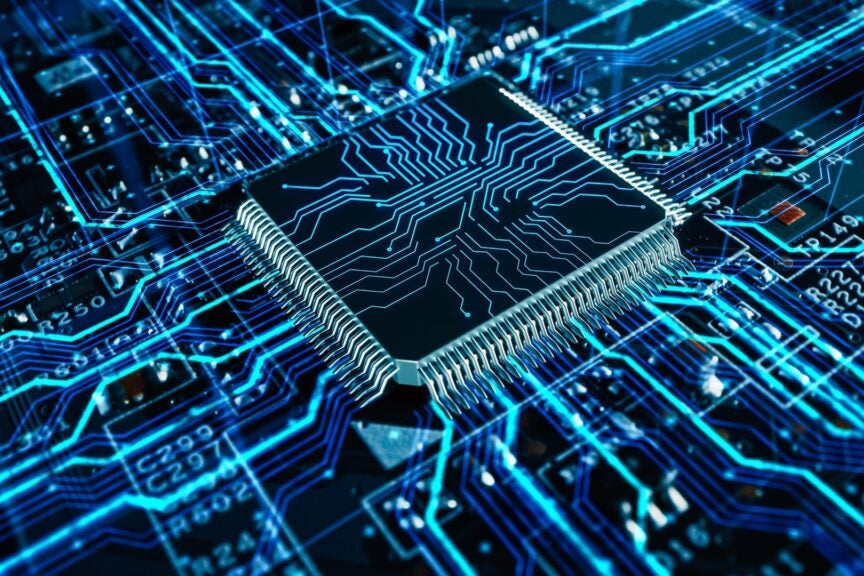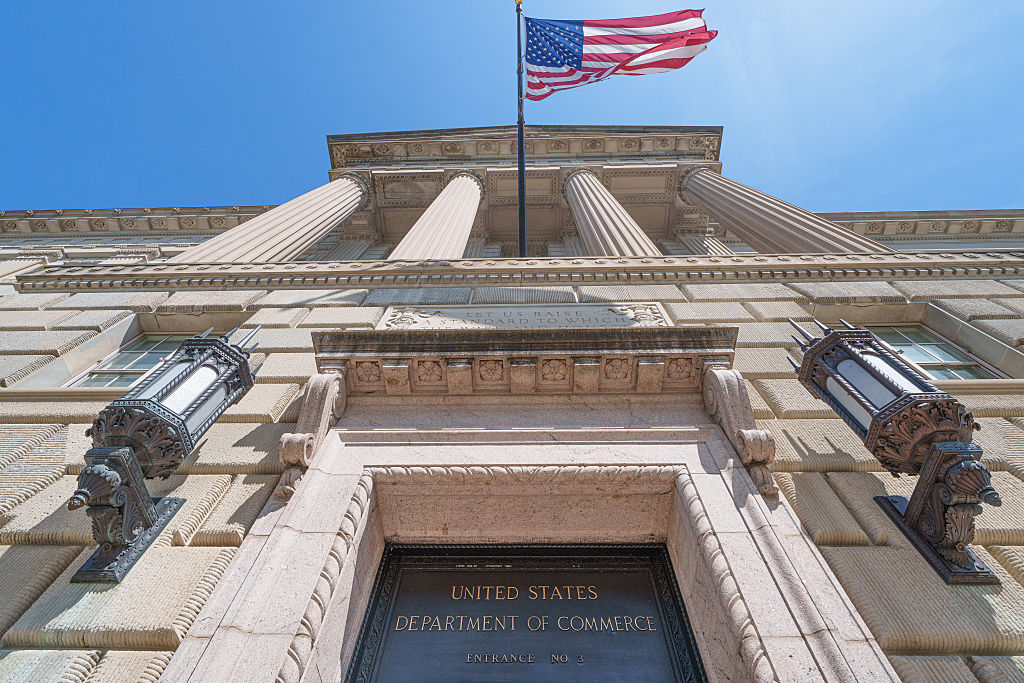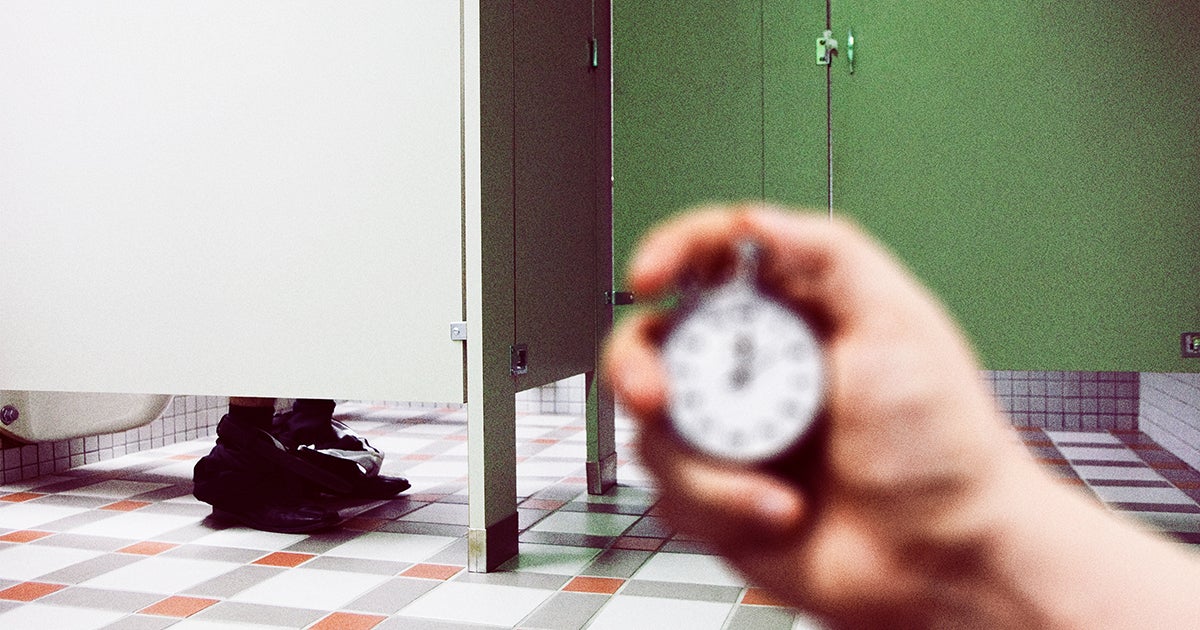
In his first major statement as head of the Roman Catholic Church, Pope Leo XIV has called attention to the increasing influence of artificial intelligence (AI) on society, sounding a stern warning about the potential erosion of human dignity and labor. The pontiff described AI as a force comparable in magnitude to the Industrial Revolution, urging careful consideration of its impact on workers, the economy, and humanity at large.
Pope Leo XIV, who made history as the first American-born pope, delivered his remarks in a Vatican address that underscored his commitment to social justice and continuity with his predecessor, Pope Francis. He explicitly echoed Francis’ concerns about technology and inequality, stating that while AI holds great potential to benefit humanity, it must be guided by ethical principles to prevent exploitation and marginalization.
“Artificial intelligence is reshaping not just our economy, but our understanding of what it means to work and to be human,” Pope Leo said. “Like the Industrial Revolution before it, this new wave of technological advancement threatens to displace workers, concentrate power, and deepen social and economic divides unless we act with resolve and compassion.”
He urged global leaders, tech developers, and communities of faith to engage in an open and inclusive dialogue on the ethical use of AI. The pope emphasized that technological progress must serve the common good and enhance—not replace—the uniquely human values of empathy, creativity, and dignity.
The pontiff’s remarks are already making waves in political, economic, and theological circles, with some analysts noting that they set the tone for how the Catholic Church may shape ethical standards in the tech era. In recent years, the Vatican has shown increasing interest in the ethical implications of digital innovation, hosting conferences and dialogues with Silicon Valley leaders, ethicists, and philosophers.
Pope Leo XIV’s warning comes amid growing global debate over the use and governance of artificial intelligence, particularly following high-profile developments in generative AI applications and automation technologies that threaten to disrupt labor markets across sectors.
As the 21st century evolves, the pope’s intervention affirms the Church’s belief that technology, while powerful, must not supersede the centrality of the human person. “We must ensure that machines remain our tools—not our masters,” he concluded.
Source: https:// – Courtesy of the original publisher.








